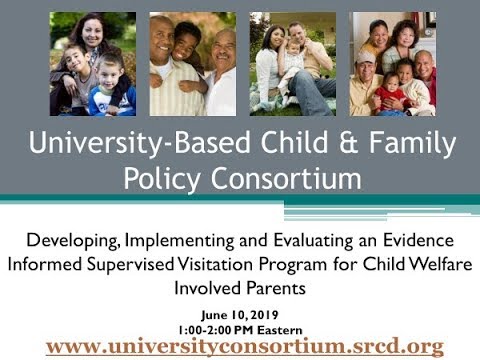Description:
Explore the development, implementation, and evaluation of Strive, an evidence-informed supervised visitation program for child welfare-involved parents. Delve into this webinar presented by the University of Washington Partners for Our Children team, addressing community-based collaborative efforts to create a strengths-based, trauma-informed program for paraprofessionals. Learn about training strategies, implementation techniques, evaluation methods, and policy impact of this innovative program designed to meet the unique needs of families during supervised visits with young children. Discover how Strive focuses on parent-child visits, its delivery model, and what sets it apart from other programs. Examine demographic data, regional expansion efforts, and ongoing policy work related to parent-child visitation. Gain insights into Strive's progress, development timeline, training approach, and the steps taken to build a sustainable model in partnership with the Alliance for Child Welfare Excellence.
Read more

Consortium Webinar - The Strive Supervised Visitation Program
Add to list
#Social Sciences
#Social Work
#Child Welfare
#Health & Medicine
#Nutrition & Wellness
#Mental Health
#Trauma-Informed Care